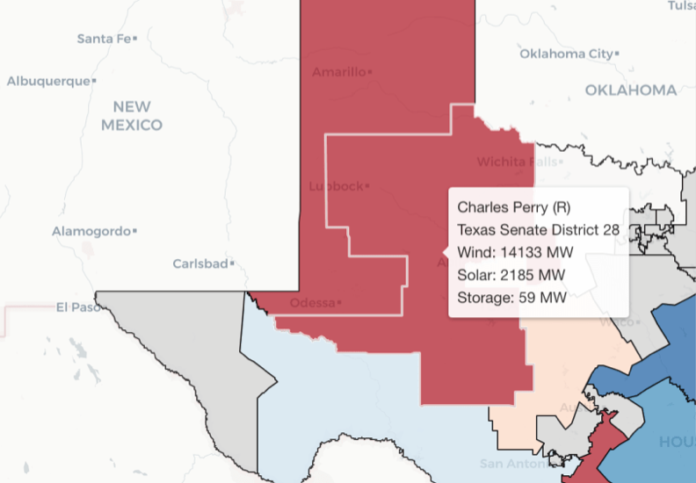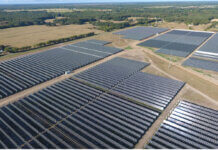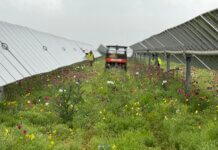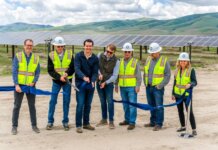Wind power, solar power and energy storage projects are providing new economic opportunities for rural Texas counties, bringing needed diversification, economic development, job creation and multi-generational revenue through a growing property tax base and payments to landowners, according to CleanPowerPays.org, a new interactive website launched this week by the Advanced Power Alliance (APA) and Solar Energy Industries Association (SEIA).
The interactive website breaks down – by Texas county, legislative and congressional district – existing and planned wind, solar and storage capacity, estimated lifetime tax payments from those projects and estimated lifetime landowner payments that individual Texans will receive from them.
“Rural Texas can greatly benefit from solar and this new tool will show lawmakers just how much large solar projects can contribute to rural communities,” says Nakhia Crossley, central region director and counsel SEIA. “This interactive map shows how numerous communities across Texas are already benefiting from solar and how much money these projects are contributing to local tax revenues and payments to landowners. As we look to grow the solar industry in Texas, this tool will help us better understand the economic growth potential of solar.”
The site notes that the overwhelming benefits of these investments flow to rural areas of the state. This helps to improve local schools, provide revenue for services and infrastructure, and empower farmers and ranchers with new ways to generate income from their land.
The interactive tool reveals the massive investment in Texas, totaling more than $60 billion. Unsurprisingly, the West Texas and Panhandle legislative districts dominate the wind energy space, with some districts receiving billions in new tax revenue. Districts in South Texas, and those spanning the length of the state north and south of the Dallas-Fort Worth Metroplex, also have seen significant tax revenue growth from both wind and solar projects.
This growth has provided a lifeline for rural landowners in recent years, and many farmers and ranchers rely on income from their renewable energy harvest to support their agricultural operations, especially during times of drought or low commodity prices.
The public can access this information at CleanPowerPays.org to study the localized investments and financial benefits of wind, solar and energy storage investments in the state.




